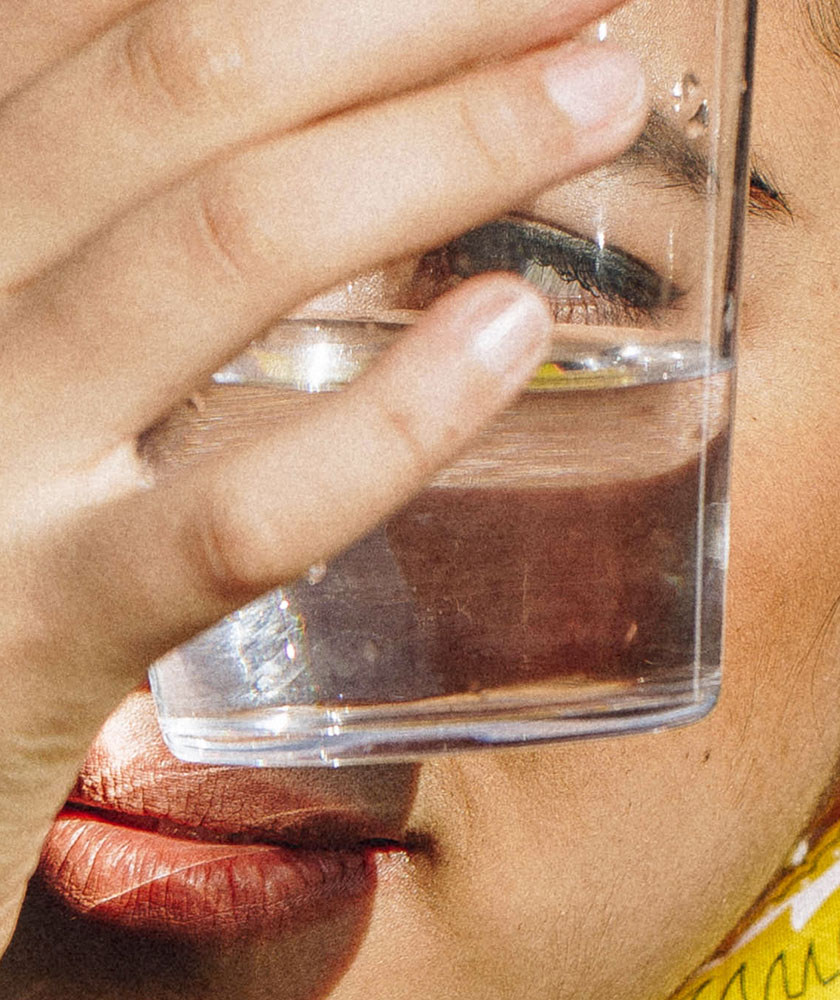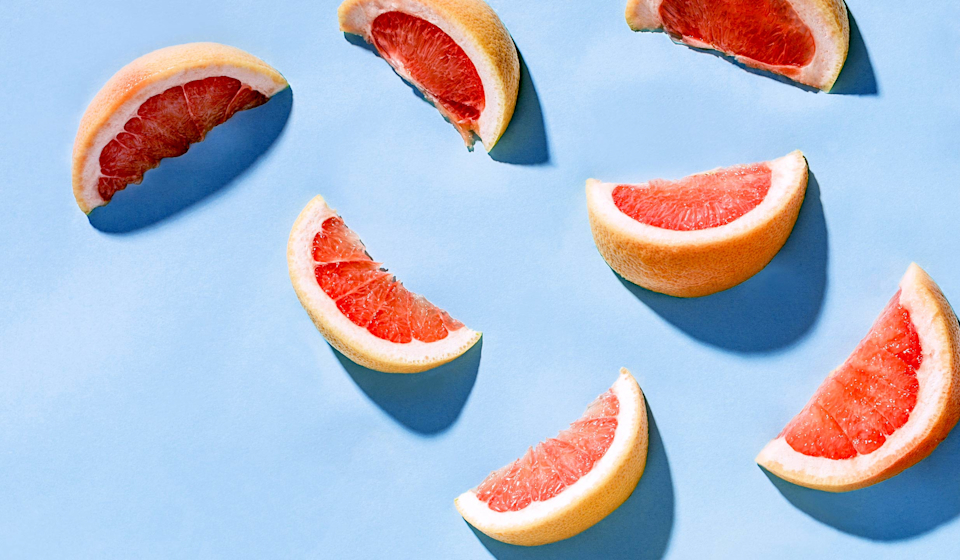
Folate. Folate has a rep for being a key nutrient to support pregnancy. But while that may be true, it’s honestly a must-have whether you’re expecting or not: This B-vitamin plays a role in supporting DNA methylation, so you’ll want to keep an eye out for this nutrient in a multi.*
One important caveat: While you’ll notice that a lot of multivitamins on the market use folic acid, we prefer to use methylated folate in Essential for Women (and the rest of our multivitamins, for that matter). Folic acid is a synthetic form of folate, and there’s just one problem: up to one-third of women have a genetic variation that can make it tricky for your body to efficiently utilize folic acid. The folate we use is a bioavailable version, which means that it can be absorbed and efficiently utilized—even those who have that genetic variation.*
Omega-3. Did you know that up to 95% of women aren’t getting their recommended daily value of omega-3 fatty acids†? That’s important, because omega-3s are an important nutrient: They help support brain, vision and heart health.*
Not all omega-3s are created equal, which is why we prefer to use vegan Omega-3 DHA in our multivitamins.*
†Key omega-3s = DHA+EPA. There is no established Daily Value but experts suggest 250 mg per day of DHA+EPA
Vitamin B12. Vegans and vegetarians, we probably don’t even need to tell you to take note: Because it’s found mainly in meat, fish, and eggs, B12 can be hard to come by in a plant-based diet. That’s important, since vitamin B12 is important for helping suppport energy-yielding metabolism and normal cell division.*
Vitamin D3. Do you live in an urban area or in the northern hemisphere? Is it fall, winter, or spring? Do you spend lots of time indoors? Do you use sunscreen on the reg? These are just a few of the many reasons why you might consider supplementing vitamin D. (You’re far from alone: Up to 75% of Americans don’t get enough vitamin D from sunlight and/or their diet.) That’s why supplementing is a great idea, especially since vitamin D helps support normal immune function and normal muscle function.*
Iron. You probably already know that iron is pretty important. It’s a component of your blood and helps support red blood cell formation and energy-yielding metabolism. But you may have difficulty meeting your iron needs through your diet alone if you’re vegan or vegetarian. A multivitamin with iron (like our Essential for Women) can help fill nutrient gaps.*
Vitamin K2. It’s okay if you haven’t heard of vitamin K2—it is, after all, kind of an unsung hero. So allow us to give K2 the recognition it deserves. While many of us get plenty of calcium through our diets, calcium needs help from nutrients like vitamin K2. In other words, it’s an important teammate when it comes to supporting bone health.*
Boron. Like K2, boron works as a calcium-helper nutrient (along with magnesium and vitamin D) to help support bone health.*
Vitamin E. Vitamin E is an antioxidant, which means it supports against free radicals. That’s why it’s kind of a bummer that many women ages 19-50 don’t get the recommended daily amount of vitamin E through diet alone. We opt for Vitamin E from mixed tocopherols in our multivitamins. *
Magnesium. Magnesium is kind of the overachiever of nutrients, since it plays a role in a lot of different processes in the body (from bone health to cell division and more). The caveat is that we need a lot of it for it to do its job well, and many of us don’t get enough through diet alone. That’s why supplementing is a good idea—and why we include it in Essential for Women.*
The bottom line
While it would be awesome to meet all your nutrient needs through diet alone, it just isn’t always possible for most of us. That’s why we believe so strongly in choosing a multivitamin that helps fill nutrient gaps without overdoing it—and that's something we wanted to apply even for people with more restrictive diets, like, vegans and vegetarians. That “less is more” philosophy is what drove us to create Essential for Women in the first place.*








